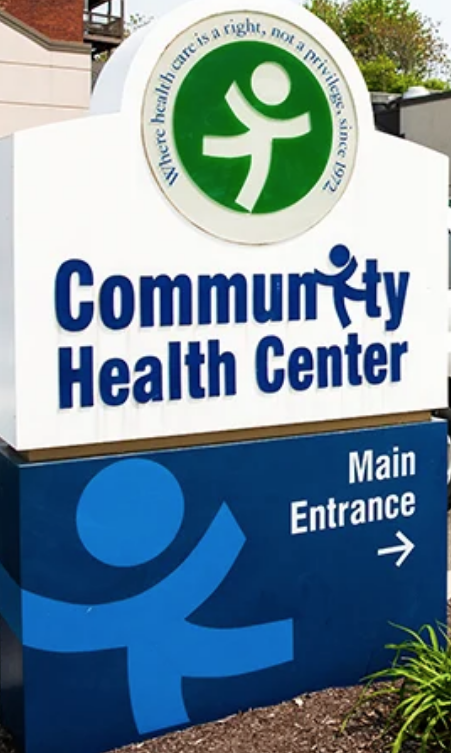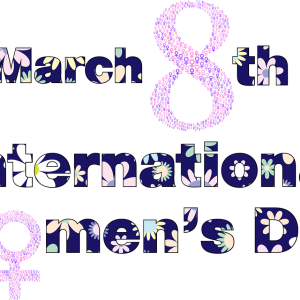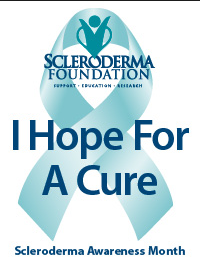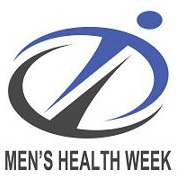This week is National Health Center Week. As healthcare has become more and more expensive, the need for low-cost healthcare has increased. Many people living in more rural parts of the country have a very limited number of options to see a doctor, and depending on their insurance status the number of available “in-network” doctors is even lower. Many people do not regularly see their doctor, only seeking healthcare when a more serious condition arises. It can be a stressful situation to be uninsured and have an unforeseen medical problem come up — especially during the ongoing pandemic. This week is meant to celebrate and raise awareness of local community owned and operated clinics providing high quality, cost effective, accessible care to more than 27 million Americans.
Community health centers have been vital to public health throughout the COVID-19 pandemic as the primary source of care for many low-income populations and vulnerable communities by providing free screenings for the areas they serve. People of color represent greater shares of vaccinations at health centers compared to nationally reported data, especially for Hispanic people. Community health centers are also able to provide masks to low-income and unhoused people to continue to slow to spread of the coronavirus and the evolving variants.
One of the most visited sections of the NeedyMeds website is our listing of clinics database. We list three different models of clinics on NeedyMeds.org:
- Free clinics – provide services at no cost to the patient;
- Low-cost clinics – usually have a low flat-fee for all patients or types of visit;
- Sliding-scale clinics – the price is based on the patient’s ability to pay, usually based on their income/family size as it corresponds to the federal poverty level.
Each clinic offers a different variety of services. We list locations by medical clinics, dental clinics, mental health clinics, and substance abuse clinics. Other services include:
- women’s health;
- family planning;
- health screenings;
- vision;
- pediatrics;
- podiatry;
- pharmacy services;
- and more.
Each clinic has its own hours, may only serve select towns or counties, and has their own set of eligibility requirements. In most cases these requirements deal with insurance status, income, and residence status. Some clinics require that the patient has no insurance whatsoever while others work with both the uninsured and underinsured. Many clinics accept patients on Medicare and Medicaid — but not all. Sliding-scale clinics in general have an income requirement based on the federal poverty level, making the clinic only available to those under a certain annual income. There are also many clinics that have no income requirements.
We list over 18,000 clinics on NeedyMeds, making it easy to find one near you. From the Free Clinics page, select Mental, Dental, Mental Health, or Substance Abuse clinic depending on your needs, and then select your state or type in your ZIP code to find a clinic in your area. A list of local clinics will appear with contact information, as well as eligibility requirements, services, and hours. You can print out a selection of clinics or the entire page of clinics from your search. We encourage users to check the clinic’s website for any additional information. You can also get the information by calling our toll-free helpline at 1-800-503-6897, available 9am to 5pm Monday through Friday.
For those looking for information on receiving a coronavirus vaccine, nearly all adults and children over 12 years old are eligible to be vaccinated free of charge. There may be options for children ages 12-18 to get vaccinated even if their parents don’t grant permission. Search online for your state’s requirements, area’s locations, and appointment availability.
If you are reading this somewhere other than the NeedyMeds Voice, please let us know!





